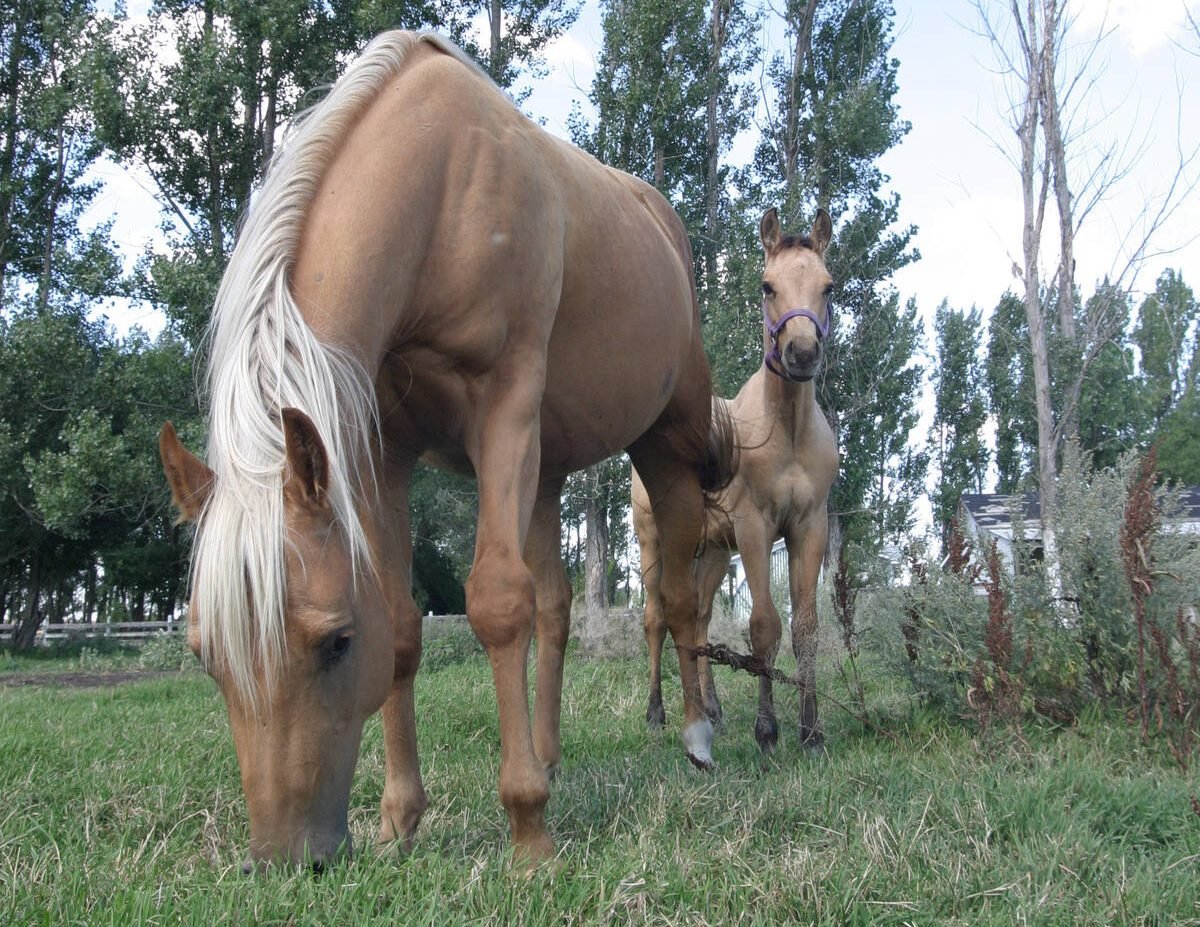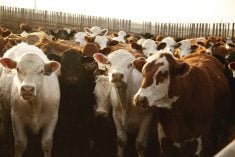Proposed changes to goat import regulations may affect Canadian producers’ ability to add new genetics to their herds.
The Canadian Food Inspection Agency has proposed that bucks imported from the United States be allowed only if both the Canadian producer and the source producer belong to scrapie certification programs, or if the buck comes from a herd with negligible risk status for scrapie.
Bucks now need only general certification and health testing when imported from the U.S.
As for does, new rules would require that the exporting American herd be enrolled in a scrapie certification program for at least three years and the importing herd be enrolled in the voluntary scrapie flock certification program for at least two years.
Read Also

Growth plates are instrumental in shaping a horse’s life
Young horse training plans and workloads must match their skeletal development. Failing to plan around growth plates can create lifelong physical problems.
Scrapie, a fatal brain wasting disease similar to BSE in cattle, is a reportable disease in Canada. It is incurable and can affect sheep and goats.
Jennifer MacTavish, general manager of the Canadian National Goat Federation, said Canada has a voluntary scrapie flock certification program and is working on a prevalence survey so that a plan can be developed to eradicate the disease.
“When you want to become free of the disease, you become less risk tolerant. As the U.S. becomes less risk tolerant and we become less risk tolerant, the conditions under which we trade will change.”
She said the U.S. is the primary source of new goat genetics in Canada. The industry supports efforts to protect flock health and eradicate scrapie, but there are potential concerns about the transition period as both countries ramp up scrapie plans.
“There’s a balance that has to be struck between being able to access the genetics we need to keep the Canadian herd growing and genetically robust, and making sure that we’re not putting the herd at risk for any disease,” MacTavish said.
“It’s a Catch-22 because if we can eradicate the disease, not only does it benefit herd health but it can also improve the ability of goat producers to trade internationally. But it’s a bit of a long haul to get there.”
The goat federation is seeking input from producers so it can make a presentation to the CFIA about the proposed changes. Comments are needed by Nov. 30.
Statistics Canada says there were 6,725 goat farms and 177,698 goats in Canada in 2006. The number has likely grown since then.
Nineteen of those farms are enrolled in the voluntary scrapie flock certification program and 15 of those would now meet proposed requirements for importing bucks. Only seven U.S. herds would qualify for minimum risk status, according to goat federation statistics.















